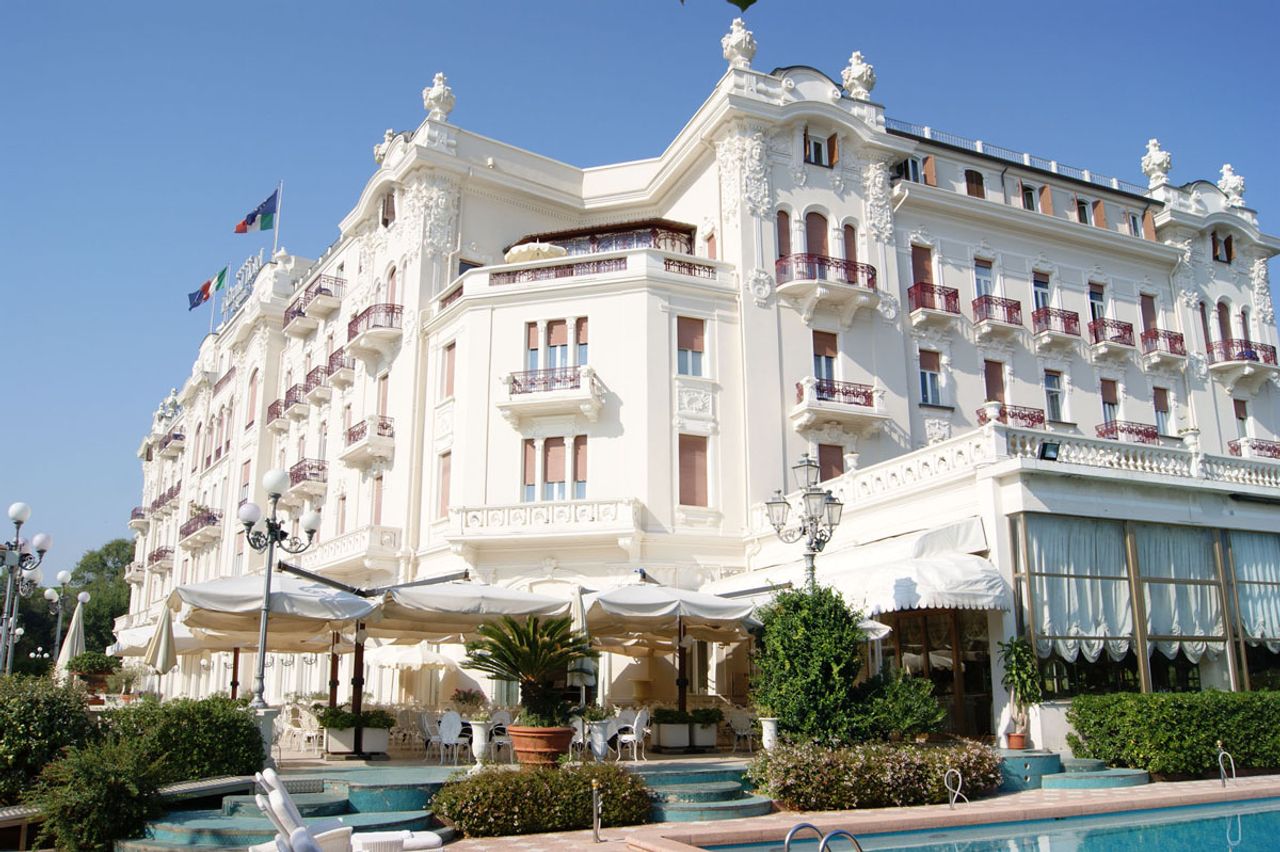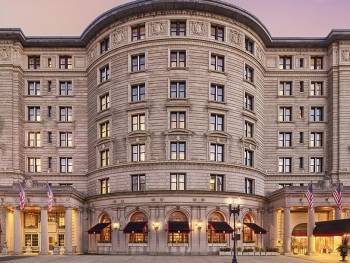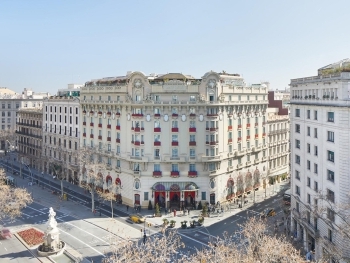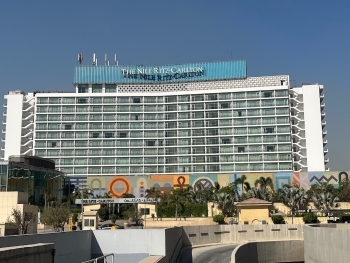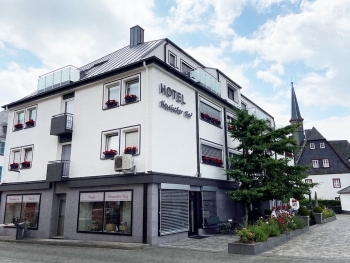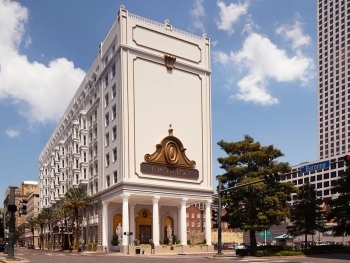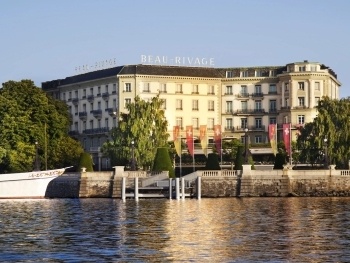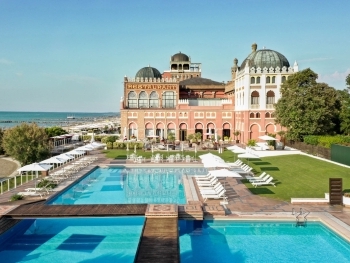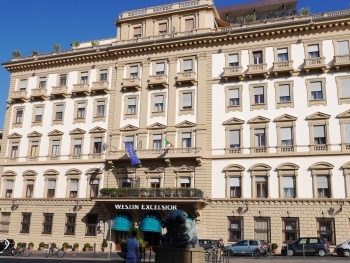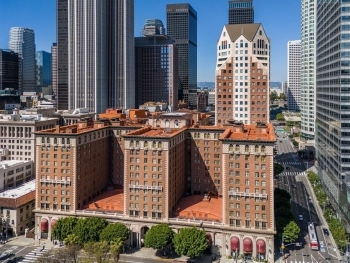Nestled in the heart of the Adriatic coast, the Grand Hotel Rimini stands as a beacon of luxury and history. With its majestic architecture, illustrious past, and an array of amenities, the hotel has been an emblem of sophistication since its inception. This article delves into the rich history, architectural splendor, and cultural significance of the Grand Hotel Rimini, offering a comprehensive overview of this iconic establishment.
Historical Background
The Grand Hotel Rimini was inaugurated on July 1, 1908, under the vision of the Swiss entrepreneur Sante Carlo Vidi. Designed by the renowned South American architect Paolo Somazzi, the hotel was intended to cater to the burgeoning tourist market in Rimini, which was quickly becoming a popular seaside destination.
From its early days, the hotel attracted a clientele of European aristocrats, artists, and intellectuals. It became a symbol of the Belle Époque era, a period characterized by optimism, regional peace, economic prosperity, and technological, scientific, and cultural innovations.
Architectural Splendor
The architecture of the Grand Hotel Rimini is a testament to early 20th-century grandeur. Its neoclassical design features an imposing facade, adorned with intricate stucco work, decorative columns, and expansive balconies that offer panoramic views of the Adriatic Sea. The building's interior is equally magnificent, with its lavish ballrooms, opulent chandeliers, and marble staircases.
The hotel boasts 117 rooms, including 3 regal suites, each uniquely decorated to blend classical elegance with modern comforts. The decor often includes antique furnishings, rich fabrics, and intricate details that reflect the hotel's historical legacy.
Federico Fellini and the Grand Hotel
The Grand Hotel Rimini holds a special place in the world of cinema, largely due to its association with the legendary Italian filmmaker Federico Fellini. Fellini, who was born in Rimini, frequently visited the hotel, which served as an inspiration for many of his films. The Grand Hotel is prominently featured in his masterpiece "Amarcord" (1973), a semi-autobiographical film that captures the essence of Fellini's childhood in Rimini during the Fascist era.
Fellini's connection to the hotel has immortalized it in the annals of cinematic history. Today, the Grand Hotel Rimini celebrates this legacy with special events, exhibitions, and film screenings dedicated to the director's work.
Cultural and Social Significance
Over the decades, the Grand Hotel Rimini has hosted an array of distinguished guests, from royalty and heads of state to celebrities and artists. The hotel's guestbook reads like a who’s who of the 20th and 21st centuries, including names such as King Gustav of Sweden, Princess Diana, and Winston Churchill.
The hotel has also been the venue for numerous significant events, from high-profile political meetings to glamorous social gatherings. Its ballroom and conference facilities make it a favored destination for international conferences, weddings, and cultural events.
Culinary Excellence
Dining at the Grand Hotel Rimini is an experience in itself. The hotel’s restaurants offer a culinary journey through traditional Italian cuisine, with a focus on regional specialties from Emilia-Romagna. The chefs at the Grand Hotel emphasize the use of fresh, local ingredients to create exquisite dishes that cater to a variety of palates.
The main restaurant, La Dolce Vita, named in honor of Fellini, serves a refined menu in an elegant setting, complete with a terrace that overlooks the hotel's lush gardens. For a more casual dining experience, the hotel’s beachside restaurant, La Dolce Vita al Mare, offers fresh seafood and Mediterranean flavors.
Modern Amenities and Services
While the Grand Hotel Rimini exudes old-world charm, it also provides a range of modern amenities to ensure a comfortable stay for its guests. The hotel features a private beach, a luxurious spa, a fitness center, and an outdoor swimming pool. Guests can also enjoy a variety of recreational activities, including water sports, tennis, and golf.
The hotel's concierge service is renowned for its personalized approach, assisting guests with everything from restaurant reservations to guided tours of Rimini's historic sites.
Preservation and Legacy
Preserving the historical and architectural integrity of the Grand Hotel Rimini has been a priority for its owners. The hotel underwent a meticulous restoration in the early 2000s to refurbish its original features while upgrading its facilities to meet contemporary standards. This restoration effort ensured that the hotel retained its status as a heritage landmark while continuing to offer modern comforts.
The Grand Hotel Rimini is more than just a luxury hotel; it is a symbol of the rich cultural tapestry and historical depth of Rimini. Its majestic architecture, storied past, and enduring association with Federico Fellini make it a landmark of both local and international significance. For over a century, the Grand Hotel Rimini has embodied the essence of elegance and continues to welcome guests with the same charm and sophistication that has defined its legacy.
